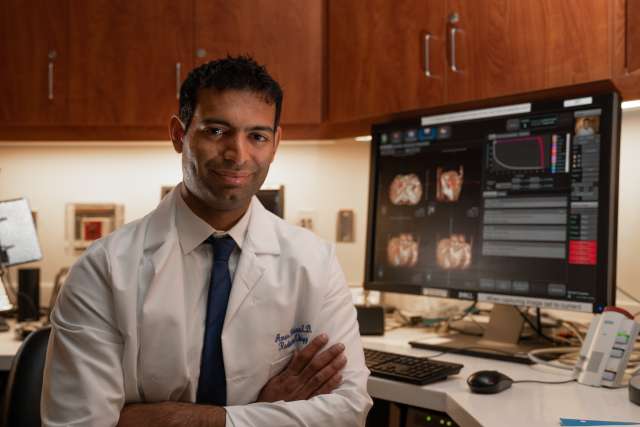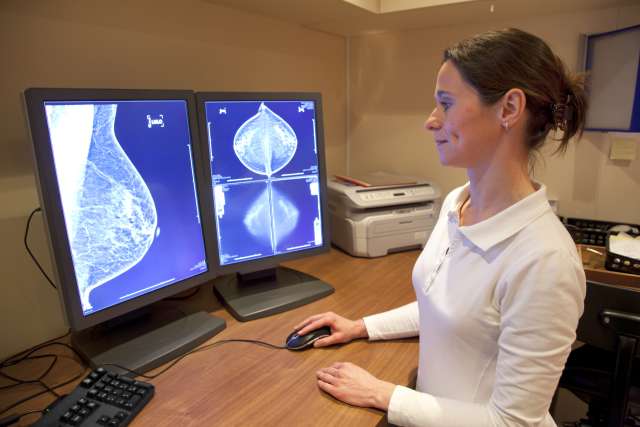Investigators at the have received a $1.8 million grant from the National Cancer Institute to advance their work in personalizing cancer treatment. The funding helps further the team’s work in improving the quality of life for men diagnosed with prostate cancer by predicting and preventing significant long-term side effects from radiation treatment.
Radiation therapy is a cornerstone of prostate cancer treatment, yet patients can still suffer from long-term side effects, such as urinary and bowel issues, that can significantly impact their quality of life. Patients with prostate cancer worldwide experience the highest number of years living with disability due to treatment-related effects, highlighting the high incidence of the disease and the success of modern therapy in achieving high cure rates.
, executive vice chair of radiation oncology at the , is leading the team’s efforts in validating and leveraging biomarkers that can predict which patients will experience harmful side effects from radiation therapy. The research focuses on specific genetic markers, called mirSNPs, which have shown promise in predicting side effects from cancer treatment.
The team has already identified a key biomarker, PROSTOX, that predicts late genitourinary toxicity after advanced radiation therapy, and they hope to further validate the predictive power of PROSTOX in additional patient cohorts. They also plan to investigate the biological differences in patients with these biomarkers and evaluate the use of highly precise adaptive radiotherapy to reduce these and other side effects in all patients.
“Our goal is to improve the post-treatment quality of life for patients with prostate cancer by predicting and preventing the adverse effects of radiation therapy," said Kishan. "This grant will allow us to expand our research and bring us closer to achieving that goal.”
“By understanding the mirSNP genetic markers that predispose patients to adverse side effects from cancer therapy we can tailor these therapies to minimize harm and maximize efficacy,” said co-investigator , professor of radiation oncology, vice chair and head of translational research and co-developer of the PROSTOX test. “This work has the potential to improve the lives of countless patients.”
Other investigators include Dr. Nicholas Nickols, assistant professor of radiation oncology; Dorthe Schaue, associate professor of radiation oncology; Minsong Cao, professor of radiation oncology and Donatello Telesca, professor of biostatistics. All are members of the UCLA Health Jonsson Comprehensive Cancer Center and the David Geffen School of Medicine at UCLA.








